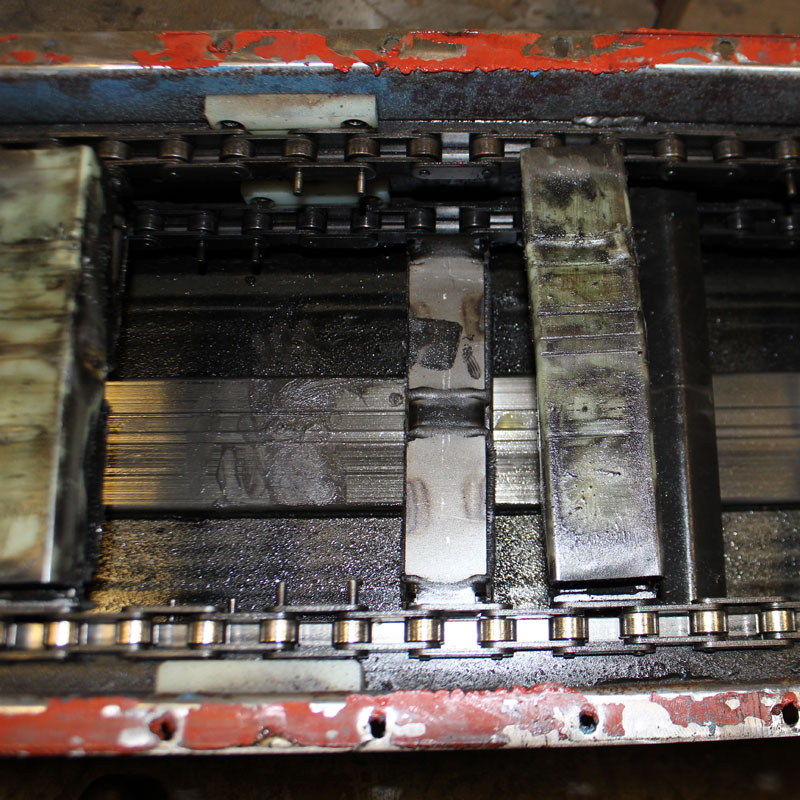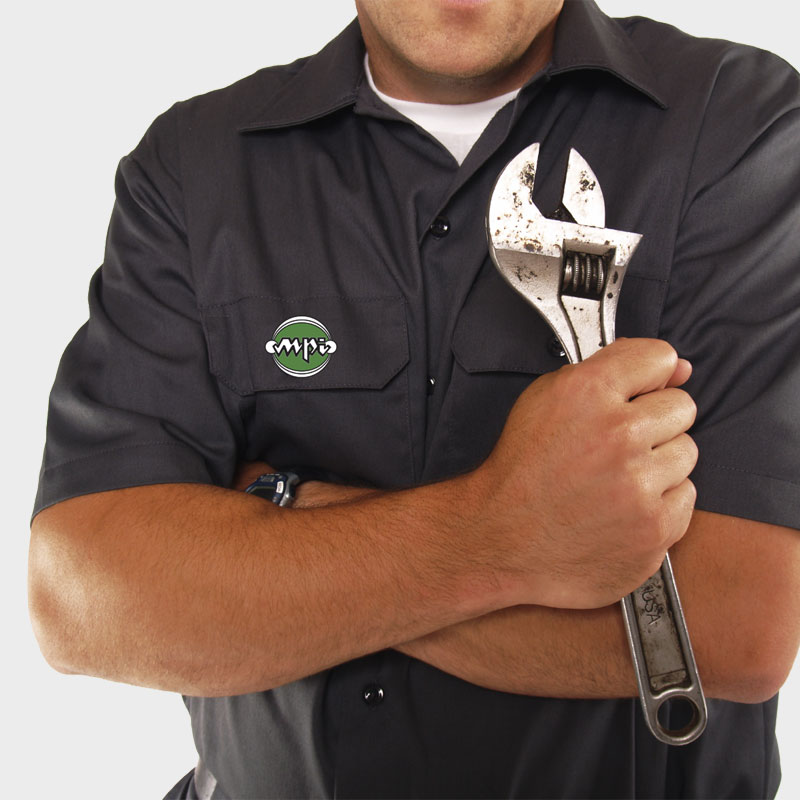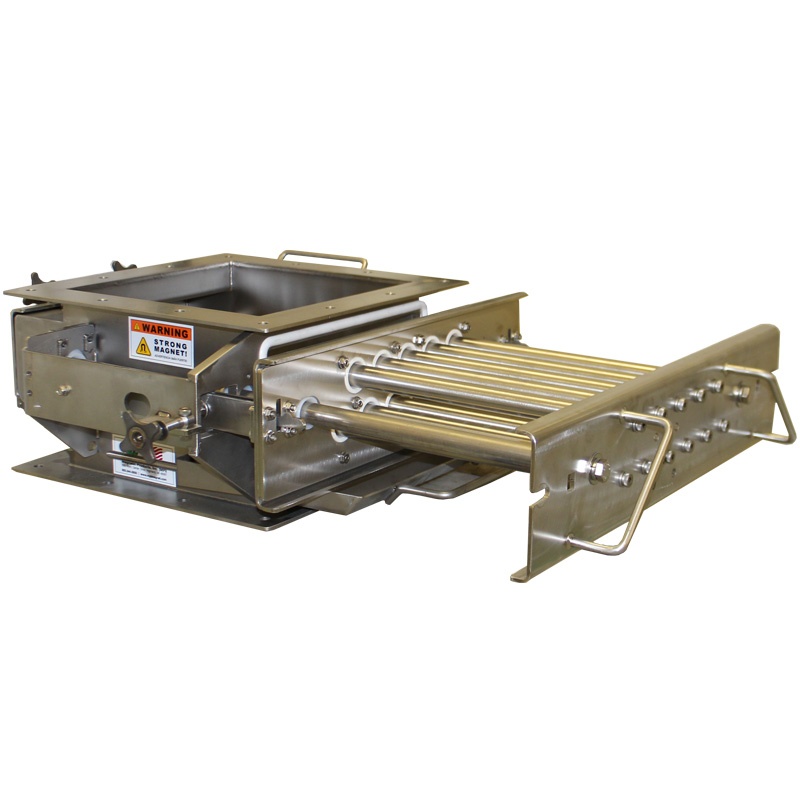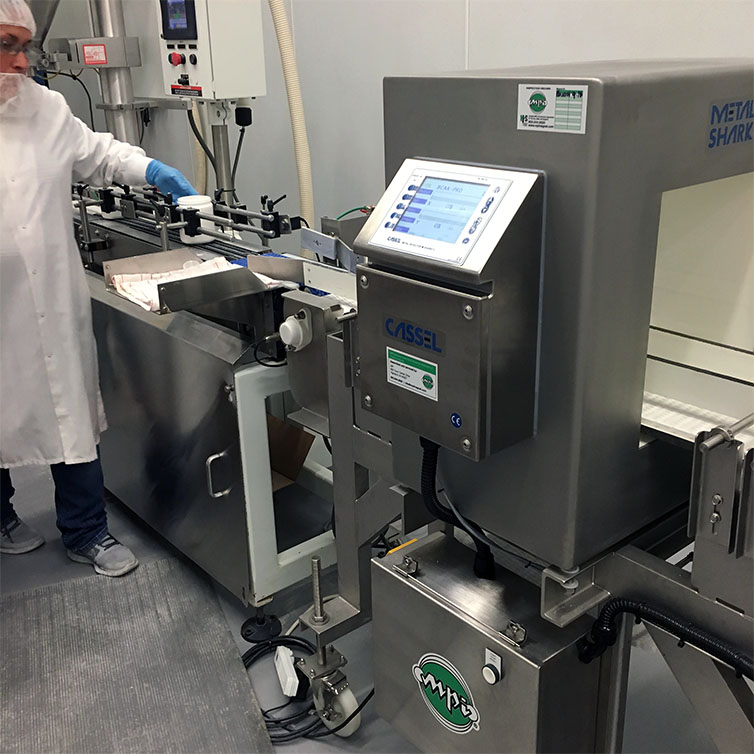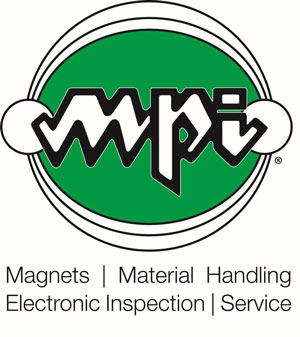MPI Magnet Audit Solves the Cause of Magnet Separator Degradation
Customer Challenges
A national mineral commodities supplier was seeking a partner to launch a magnetic separator auditing program for multiple facilities. As a long time industrial magnet and metal control equipment provider to this customer, MPI was selected for this project. MPI offers a comprehensive, third party magnet auditing program. MPI also educates the customer about the magnet application while conducting the magnet inspection and pull or gauss testing.
During the first magnet audit with the customer, MPI uncovered that almost every magnetic separator in the facility showed signs of magnetic strength loss. Knowing that strength degradation in every magnet is not common, the MPI certified magnet auditor began investigating to understand the potential cause of the loss.
MPI Solution
The onsite quality assurance (QA) team and the MPI magnet auditor examined the potential causes for the changes in strength. MPI Certified Magnet Auditors are trained how to identify the causes of magnetic strength loss. The auditor and QA team had been able to rule out impact, welding and liquid ingress as potential causes. Ruling out these factors, the auditor was able to focus on temperature as the potential culprit.
Cross referencing previous orders’ application data and reviewing onsite application data, MPI discovered a discrepancy with the application temperatures. The customer’s purchasing personnel stated production temperatures were lower than the processing personnel reported. With the difference in information uncovered, the MPI auditing staff chose to confirm temperatures for all audited magnet applications in the facility against the grade of the material which was installed in the separator.
Results
The team was able to confirm each application’s maximum operating temperature. They found that the separators that tested showing degradation, had maximum operating temperatures that exceeded the maximum operating temperature of the magnet material installed in the separator. With this information, they developed a plan to upgrade the varying vintage of separators to the latest technology and with a grade suitable for the maximum operating temperature.
The MPI team also identified a current magnetic separator that was on order and in the approval process. Upon review of its configuration and confirmation from the processing team of its maximum operating temperature against the provided application data, they found it too was incorrectly specified. In this case, the correction was made and the unit was manufactured with the correct grade magnet material for the production temperature.
Maximum operating temperature is critical information to be accurate with when specifying a magnetic separator. The MPI magnet audit process provided results that enabled the customers team to properly specify applications maximum temperature. MPI saved the customer money they would have paid for an incorrectly specified magnet that would have lost its strength and needed to be replaced. MPI’s onsite, third party auditing ensured the customer that the metal control equipment works at peak performance and is the best, most effective solution for each application.
So How Long Should My Permanent Magnet Last?
Your permanent magnet should lose no more than 1% of its magnetic strength over a period of 100 years provided it is specified and cared for properly. Learn More About How Long Your Magnet Will Last.
MPI Certified Magnet Auditing Services
MPI Certified Magnet Auditors attend thorough training to become an auditor. Each MPI audit uses a Compact Digital Scale or Gauss Meter to conduct testing. The auditor will review past testing methods to ensure the current testing matches or will establish a baseline for testing. Magnet auditor are available to travel throughout North America to perform audits. Learn more about MPI Third Party Auditing Services.



